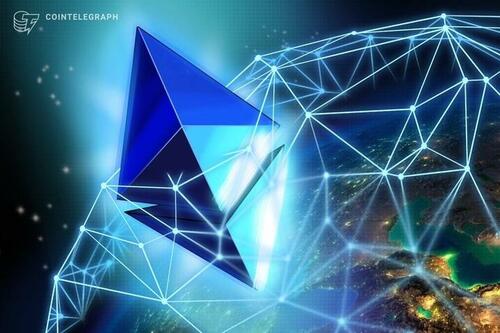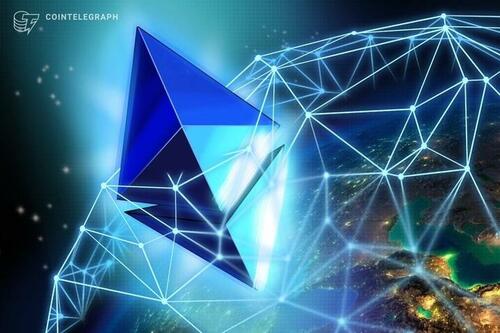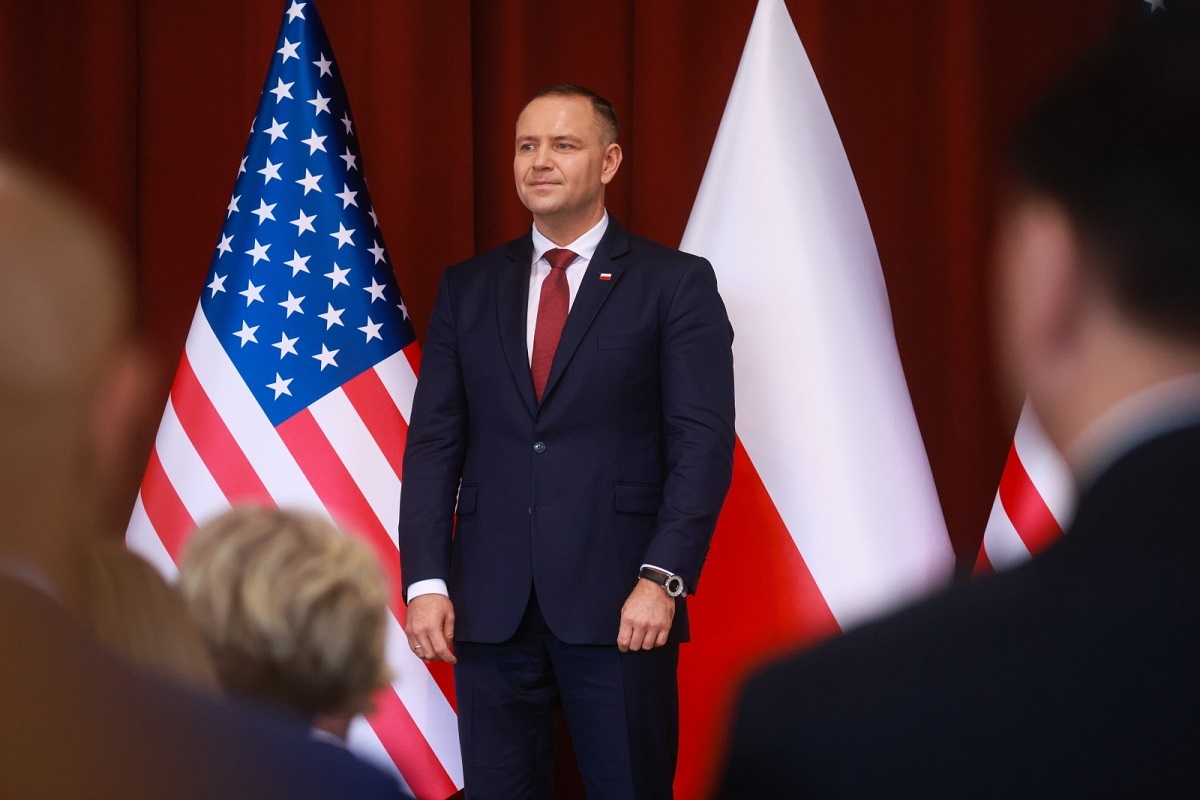
Who Governs Ethereum? Galaxy Report Reveals All
Authored by Josh O’Sullivan via CoinTelegraph.com,
Galaxy Digital has released a report showing that Ethereum’s decentralized governance is steered by off-chain voting rather than on-chain Ether (ETH) holder voting.

Christine Kim, vice president of Galaxy Digital’s research team, released the report on June 3. It reveals multiple stakeholders who hold the keys to Ethereum’s governance.
Speaking with Cointelegraph on the risks of not having direct on-chain voting by ETH holders, Kim said:
„The less Ethereum as a technology needs to rely on governance for value and sustainability, the better. The more Ethereum can ossify parts of its codebase, the less the network will be at risk of regulatory capture and centralization. The risks of Ethereum being governed by off-chain forums and processes are not unlike the risks that exist even with on-chain forms of governance.
According to the report, the groups collaborating on the off-chain processes include client teams, validator node operators, the Ethereum Foundation (EF) and decentralized application (DApp) developers.”
Client teams and validator node operators
According to the report, client teams are central to decision-making, proposals, discussion and implementation of changes through Ethereum Improvement Proposals.
“Client teams build and maintain the software needed to run and connect to the Ethereum network.”
Validator node operators were also highlighted by the report as they have “the agency to implement or reject code changes” made to the Ethereum network — essentially voting by choosing which software version to run.
Although the EF’s direct influence has waned over time, it still supports the development efforts on Ethereum as its “earliest and most prominent […] nonprofit organization.”
DApp devs, forums and communities
Kim’s report also revealed that DApp developers influence certain features and upgrades based on user needs.
“DApp developers are the primary users of Ethereum, interacting with the Ethereum codebase to deploy smart contract code.”
According to the report, off-chain governance discussions are also carried out across forums, facilitating stakeholder consensus-building.
“Governance discussions occur in several forums: Ethereum All Core Developers (ACD) calls, ETHMagicians, Ethresear.ch, Discord, and GitHub.”
On the topic of whether Kim believes Ethereum’s off-chain governance model remains transparent and inclusive for all community members, she told Cointelegraph:
“Yes, I do. I think some improvements can be made to Ethereum’s off-chain governance model, particularly concerning the Ethereum Foundation’s role in the Ethereum ecosystem. Still, I think the forums outlined in the report through which stakeholders can voice their opinions about Ethereum’s development roadmap are inclusive and transparent.”
Off-chain or on-chain?
Discussing which is the less evil of the two, off-chain or on-chain, Kim told Cointelegraph:
„Both very broad forms of blockchain governance are at risk of becoming opaque, unscalable, and closed off to new participants over time, but with smart contract-based governance solutions, you have the added risk of smart contract bugs and failures.”
The report also emphasizes the reasoning behind Ethereum’s preference for off-chain governance over on-chain voting due to the risk of large Ether holders exerting heavier influence.
“No decisions are voted on by ETH holders through on-chain proposals or decentralized autonomous organizations (DAOs).”
The off-chain approach prevents centralization and maintains nuanced decision-making despite being “difficult to audit and objectively evaluate.”
Tyler Durden
Wed, 06/05/2024 – 12:10

 1 rok temu
1 rok temu












